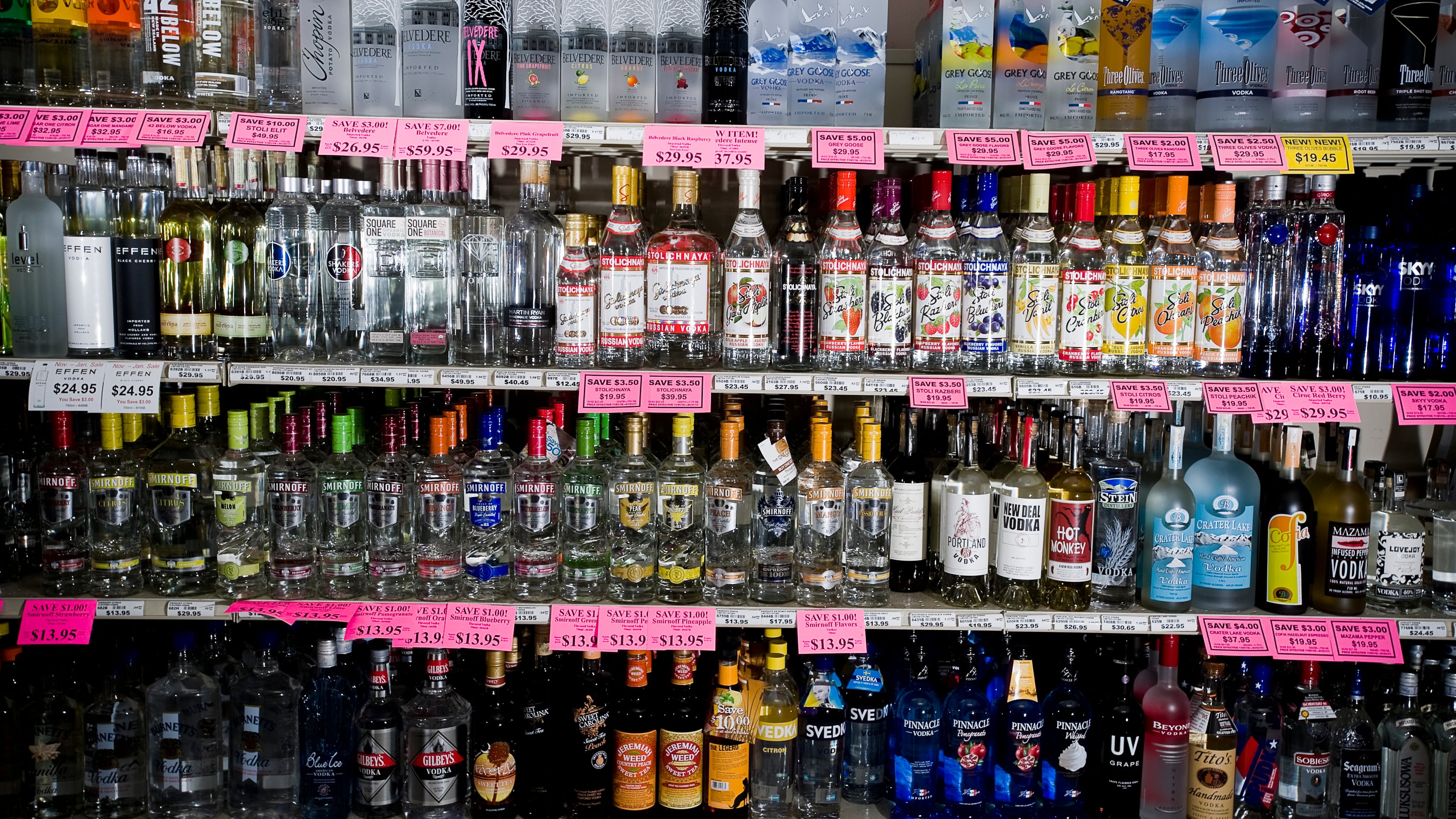An advocate for reducing substance abuse says a major liquor producer is gaming minimum pricing standards that the Oregon Liquor and Cannabis Commission established last year.
Mike Marshall, executive director of Oregon Recovers, says Sazerac, the Kentucky-based distiller of Fleischmann’s Gin, among many other brands, has figured out a simple way to offer its products more cheaply than the OLCC says it can: rebate coupons.
In 2021, when the OLCC rolled out the policy, it used vodka rather than gin as the example, but the pricing was similar. At that time, floor pricing raised the lowest price of a 1.75 liter bottle from $12.75 to $17.95, a 41% increase. The OLCC believed, based on research in other markets, raising prices of bottom-shelf liquors would reduce consumption.
Marshall alleges—and OLCC spokesman Bryant Haley confirms—that Sazerac is offering a $4 rebate to purchasers of a 1.75 liter bottle of Fleischmann’s Gin. That circumvents floor pricing as follows:
Price of a 1.75 liter bottle of Fleischmann’s Gin: $18.95
Price floor for a 1.75 liter bottle set by Oregon: $17.95
Net price for Fleischmann’s Gin after $4 rebate: $14.95
Haley says companies have offered rebate coupons before, but not like this. Consumers usually don’t bother to mail in the coupons because the rebates are so paltry, he says. “But this one being $4 is bigger than we’ve seen before.”
Marshall says such rebates counteract public health efforts to reduce substance abuse. “It’s an intentional effort by Big Alcohol to circumvent the minimum pricing requirement put into place to address Oregon’s sky-high alcohol addiction rates,” he says. “And it’s predatory marketing, targeting low-income folks who have the least access to information about the harms of alcohol consumption.”
In April 2021, the OLCC took an unusual action, dictating minimum pricing for liquor. At the time, the agency said the new minimum pricing would affect less than 2% of its brand offerings but 16.3% of the volume of booze it sold, because the new prices would affect large, lower-shelf bottles.
Sazerac, whose Fleischmann’s, Mr. Boston and Taaka brands were among the most affected, pushed back on minimum pricing.
Company’s CEO Mark Brown told the OLCC in a letter that the new policy was misguided.
“It discriminates against low-income residents and cost-conscious consumers, hurts bars and restaurants struggling to make ends meet, will drive business out of Oregon, and is misguided in its approach towards reducing social harms,” Brown wrote in March 2021 letter to the commission.
Despite those objections, the OLCC instituted price floors on Oct. 1, 2021. The agency expected a dual benefit of responding to the concerns of public health advocates and raising more money for the agency. Haley says the OLCC will evaluate results after the policy’s first year.
Meanwhile, Marshall wants the agency to tell Sazerac and stores that net prices can’t be lower than minimum prices. And while Sazerac spokeswoman Kellie Duhr says coupons have long been part of the company’s business model, Haley says the OLCC will try to figure out how to close the loophole.
“We don’t like it,” he says. “We are definitely going to figure out what to do about it.”

